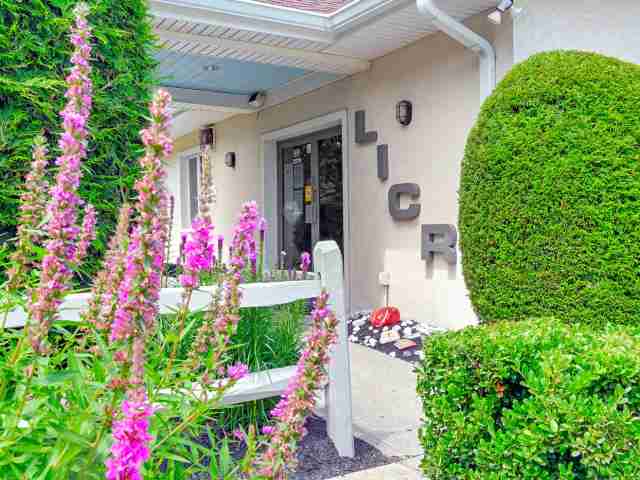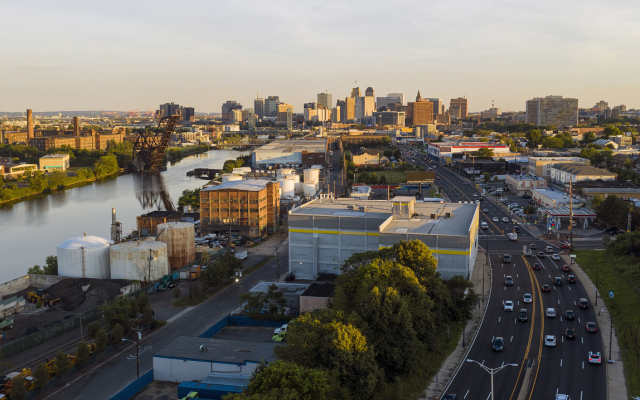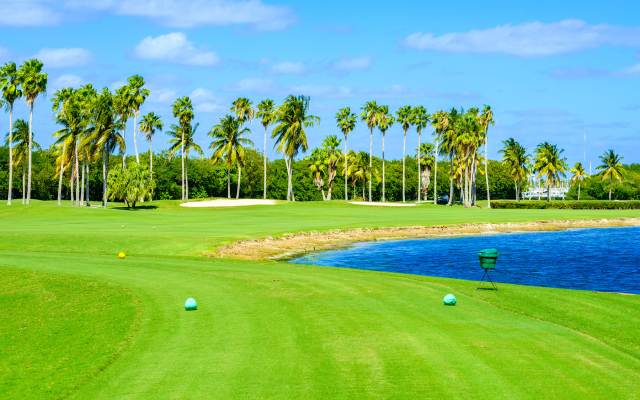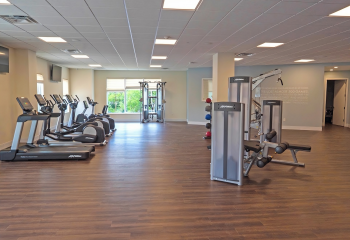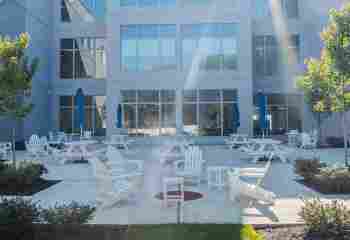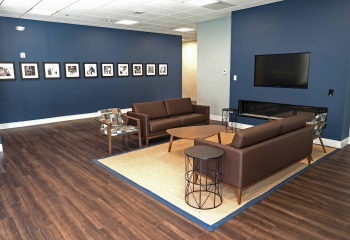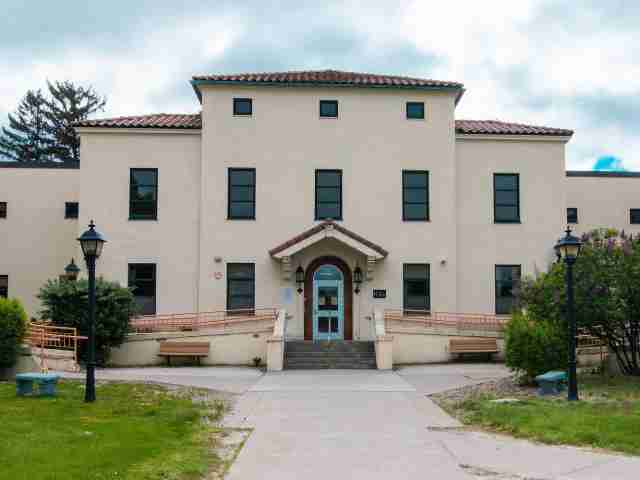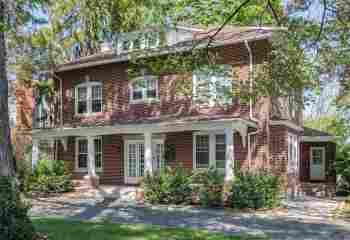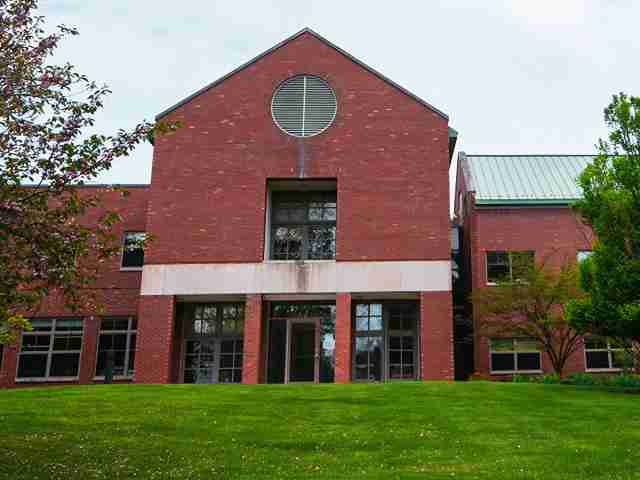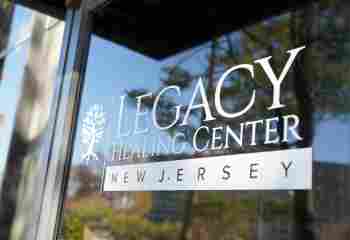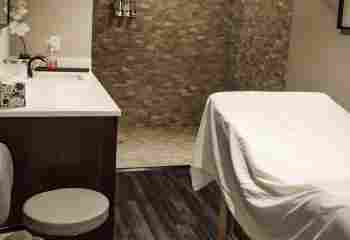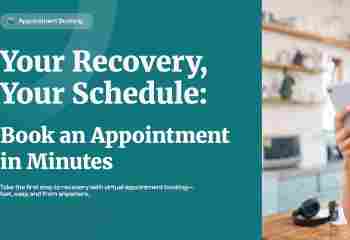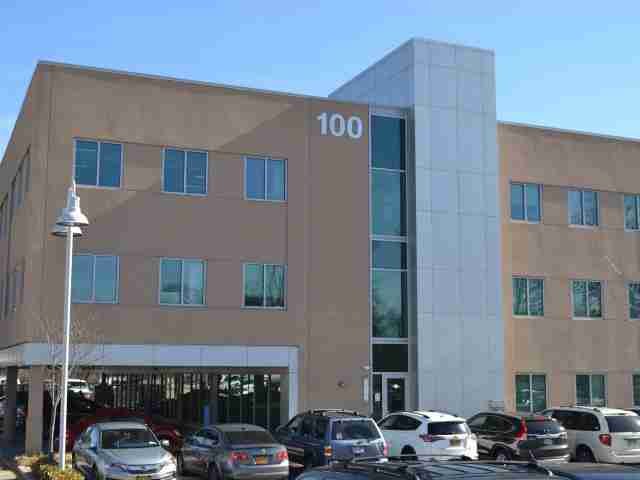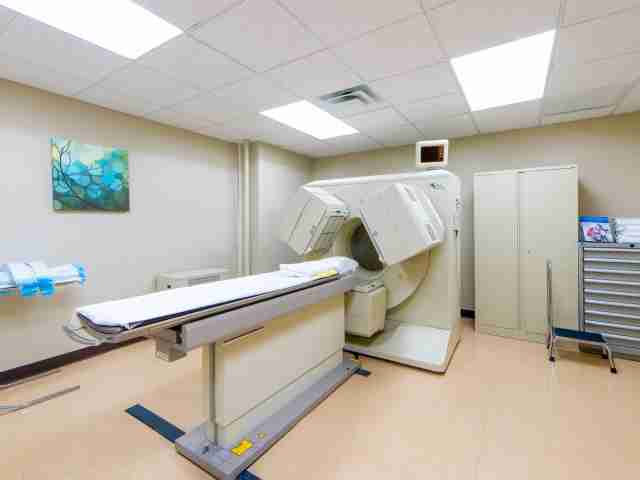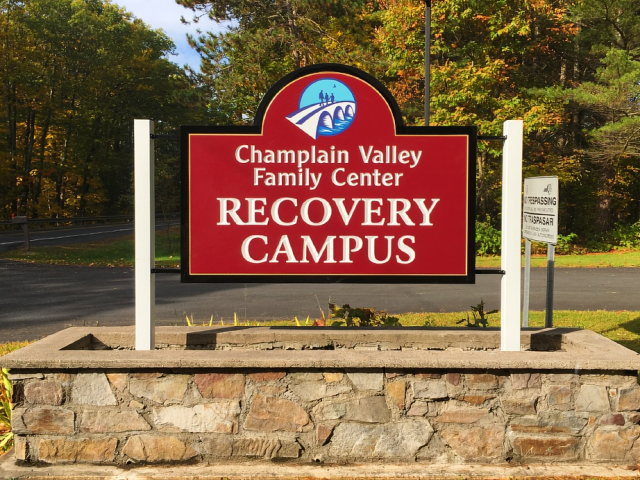More About Gambling Addiction Rehabs
Gambling addiction, also known as compulsive gambling, causes a person to continually and uncontrollably gamble despite adverse consequences. Symptoms of gambling addiction include preoccupation with gambling, lies and excuses to cover up gambling, using gambling to escape problems, and an inability to stop or reduce gambling.
Gambling addiction can lead to financial difficulties, strained relationships, and emotional distress. Treatment typically involves counseling, support groups, and medication.
The towering highs and guilt-ridden lows of gambling can spin off into a costly addiction. By triggering the release of dopamine, a chemical in the brain associated with pleasure, gambling creates a neurochemical “high” that can be as powerful as a substance-induced one.
Eventually, you may feel unable to stop yourself from chasing that high. Your brain may struggle to produce enough happy chemicals on its own if you don't gamble. The temptation to gamble can then feel like an urgent need, not a risky pastime.
What Are The Signs And Symptoms of a Gambling Addiction?
If someone you know has a gambling addiction, you'll likely spot a few key signs. These include:
- Secrecy around money and finances. They might dodge questions about money and how they're doing financially, even when it's obvious something's up.
- Suddenly selling possessions, big or small.
- Risk-taking behaviors to gain money. They could even resort to theft.
- Sudden and high guilt or stress.
- Your loved one leaves home without explanation, usually for a long period of time.
If you struggle with gambling, you'll likely experience these symptoms:
- Spending more than you ever planned when you gamble.
- Spending more money each time you gamble.
- Feeling unable to stop, even if you know the risk isn't worth it or you don't have the funds to pay the price.
- Gambling again and again to combat the guilt of a loss.
- Feeling constant shame and guilt.
- Craving the rush of a win.
What Are The Short And Long-Term Effects of Gambling Addiction?
The initial effects of gambling are losing money, experiencing emotional distress, having relationship issues, and legal matters. These immediate consequences can feel devastating and could cause you to spiral into a deeper cycle of addiction.
Prolonged gambling can lead to physical and mental health issues, including depression, anxiety, and stress-related illnesses. It can also lead to an inability to manage finances, work, and relationships and an increased risk of suicide. You could also develop a tolerance to gambling, leading you to take greater risks and suffer even more severe financial losses.
Gambling addiction can also hurt and harm your family members and loved ones. You may become isolated and unable to manage your responsibilities, leading to strain and stress on those around you.
Chemically, an addiction to gambling looks and feels the same as an addiction to drugs or alcohol. Gambling gives you a rush. When that happens, the reward pathway in your brain floods with dopamine, like it does if you use drugs.
Gambling Treatment Options
If you or a loved one is struggling with compulsive gambling, treatment at a rehab for gambling addiction may be the best option. Gambling recovery is possible with the right help.
Many gambling rehab facilities use methodologies similar to the approaches found in chemical dependency treatment programs. In fact, persons with gambling disorders are also likely to have substance use, mood, personality and anxiety disorders.3 As a result, treatments employed at gambling addiction facilities must accommodate and address both diagnoses. Some programs specialize in treating addictions and mental illness or mental health issues as a dual diagnosis.
One of the most common therapies used to help treat gambling addiction is cognitive behavioral therapy (CBT), which reshapes negative thoughts about yourself and your behaviors. It can help you counter urges to gamble with truths about yourself, what you can control, and the unstable probability of gambling wins.
Psychodynamic therapy can help you uncover the root of gambling addiction. Then, with your therapist, you'll continuously address the cause and better understand how to treat the underlying cause.
Many other therapies can help you discover why you gamble and reduce the compulsory need to play, including interpersonal therapy (IPT) and dialectical behavioral therapy (DBT) .
Additionally, some pathological gamblers have had great success on psychopharmaceutical medications. Selective serotonin reuptake inhibitors (SSRIs) most commonly help with gambling addictions. Some other medication classes have helped too, including ones that target compulsion and excitability. Your doctor will evaluate your symptoms and diagnoses to pick a medication that may work best for you.
Rehabilitation and Levels of Care
In a rehab for gambling, you'll receive therapy to address the thoughts and behaviors behind gambling. You'll meet others in treatment and attend group therapies. You may also enjoy holistic activities like reiki, art therapy, and music therapy.
You'll have an intensive schedule to maximize the time spent in rehab. Though you'll have plenty of time to rest and recuperate, you'll primarily focus on recovery in 1:1 therapy, group therapies, and other group activities. You may also participate in psychoeducational groups to learn more about gambling and how to prevent a relapse.
Residential Treatment rehabs for gambling separate you from temptation and the situations that may have led you to gambling. This form of treatment can be a highly effective treatment option.
Outpatient Treatment: After you complete your residential stay, you can move into lower levels of care for more independent living. You'll live at your house or in a sober living home as you put your skills into practice. In outpatient, levels of care include:
Day treatment, where you meet 5-7 times a week for a full day, or most of one. Intensive outpatient, where you meet 3-5 times a week for several hours at a time for more intensive care. Outpatient, where you meet once or twice a week with others in treatment and your care provider.
Talking to Your Doctor About a Gambling Addiction
You can take the first step towards treatment by making an appointment with your primary care provider. During your appointment, you can bring up topics like these:
- How long you've been gambling
- When it felt like you couldn't stop
- How gambling affects you, your family, and your life as a whole
- What you've tried to do to stop, and how effective those tools have been
- If you've been able to stop before
- What usually happens before you gamble–does something trigger it?
- Ask what level of treatment you'll need
Your doctor can refer you to the next steps in your recovery. That may be a residential rehab for gambling, outpatient treatment, or regular therapy sessions.
How to Help Someone With a Gambling Addiction
Encouragement and support can go a long way towards someone who feels embarrassed, ashamed, and out of control. Though you can't and won't take their addiction away, you can offer a safe, non-judgemental space to discuss next steps. You could even share how their gambling addiction affects your life, too. Here's a few other steps you can take:
- Start a conversation: Talk to the person about their gambling behavior and express your concern.
- Offer support: Let them know that you're there to help and be as understanding of their situation as you can.
- Encourage them to seek help: Encourage them to seek professional help from a mental health professional or a gambling support group.
- Create a safety net: Offer to help with financial planning and create a budget that makes it harder to gamble.
- Monitor progress: Check in with the person regularly and remind them of their progress.
- Avoid enabling: Don't give in to requests for money or bail them out of financial difficulties as this may encourage them to continue gambling.
- Provide alternative activities: Suggest other activities they can do to help them stay away from gambling, such as hobbies or exercise.
- Be patient: It will take time to overcome the addiction, so remember to be supportive and patient.
- Take care of yourself: Supporting someone with a gambling addiction can be challenging, so it is essential to prioritize self-care. Engage in activities that help you relax and recharge, seek support from friends or support groups, and consider seeking therapy for yourself if needed.







